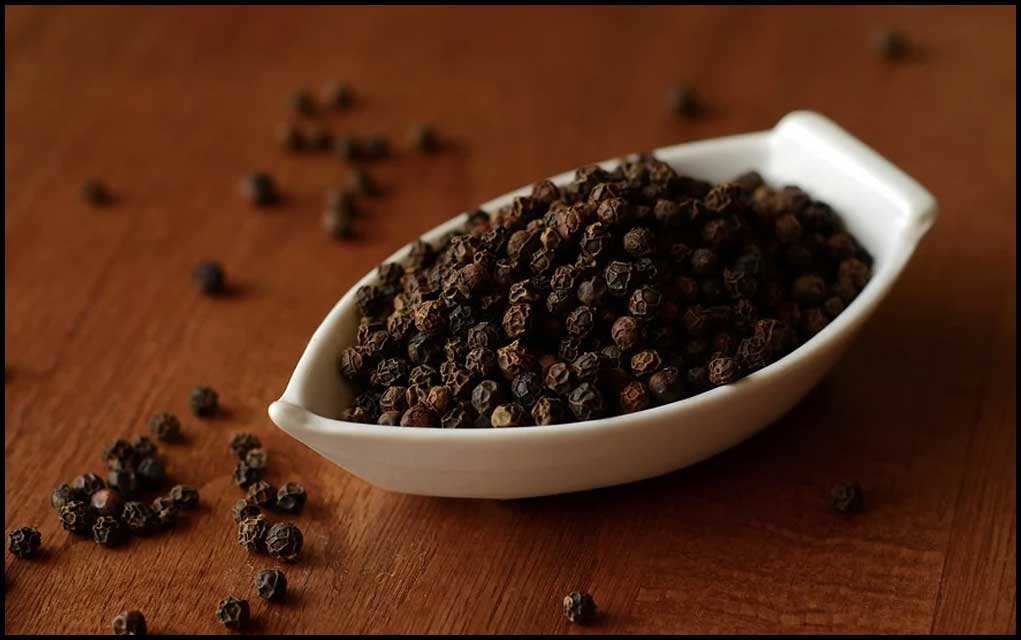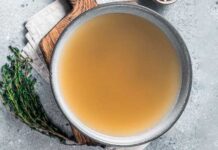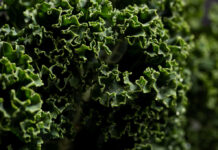
When it comes to remedying cold and cough, we all tend to resort to trying home remedies passed down to us by our mothers and grandmothers. A number of Indian spices come handy when one is suffering from common cold during winters. These spices can be added to everyday foods and drinks and can be consumed to lessen symptoms like congestion and runny nose. Some of the most common warming winter spices and herbs, which are often used in home remedies for cold, include ginger, nutmeg, star anise, cinnamon, tulsi or holy basil and black pepper. Among these, black pepper is one of the best Indian spices to include in your soups and hot beverages during winter, especially if one is suffering from chest congestion and common cold. It is easily available in the kitchen as it is used to add flavor to a number of dishes and is very easy to use to alleviate symptoms of cold.
Black Pepper For Common Cold
Black pepper originally belongs to the Southern part of India but not it has found use in a number of pan-Indian dishes as well. It is extensively used in food, especially during winters, due to its soothing effects on the throat.
Here are two very easy DIY black pepper home remedies for common cold:
1. Black Pepper And Honey Tonic For Cold
Black pepper is antibacterial and antibiotic in nature, due to the presence of immunity-boosting Vitamin C in it. It is commonly used to remedy cold by crushing black peppercorns and adding them to a teaspoon of honey. Honey is known to soothe a sore throat, suppress cough and can boost the cold-fighting action of black peppercorn. You may add a few drops of warm water to the crushed peppercorns and honey, in order to dilute it and make it more palatable. Consume this honey and black pepper tonic early in the morning to fight symptoms of common cold during winters.
2. Black Pepper Tea For Cold
Indians love their chai and the milky concoction is particularly popular during winters, as the caffeine indulgence energizes the body, removing the sluggishness that sets in during cold weather and is also said to warm your body from inside. However, if one is suffering from cold, one may add freshly crushed black pepper or black pepper powder, along with sea salt instead of sugar to their cups of chai. On the other hand, some people avoid milk during cold as it is said to irritate the throat further. If you want to avoid the milk, you can simply boil freshly crushed black pepper with black tea and add sea salt or honey to it (according to what you prefer).
Both black pepper and sea salt are said to soothe the cold and sore throat. Persistent cough and cold may be problematic and maybe symptomatic of a more serious ailment. Get yourself checked if your cold and cough persists for a long time.
Important Notice: This article was originally published at www.ndtv.com where all credits are due.
Disclaimer
The watching, interacting, and participation of any kind with anything on this page does not constitute or initiate a doctor-patient relationship with Dr. Farrah®. None of the statements here have been evaluated by the Food and Drug Administration (FDA). The products of Dr. Farrah® are not intended to diagnose, treat, cure, or prevent any disease. The information being provided should only be considered for education and entertainment purposes only. If you feel that anything you see or hear may be of value to you on this page or on any other medium of any kind associated with, showing, or quoting anything relating to Dr. Farrah® in any way at any time, you are encouraged to and agree to consult with a licensed healthcare professional in your area to discuss it. If you feel that you’re having a healthcare emergency, seek medical attention immediately. The views expressed here are simply either the views and opinions of Dr. Farrah® or others appearing and are protected under the first amendment.
Dr. Farrah® is a highly experienced Licensed Medical Doctor certified in evidence-based clinical nutrition, not some enthusiast, formulator, or medium promoting the wild and unrestrained use of nutrition products for health issues without clinical experience and scientific evidence of therapeutic benefit. Dr. Farrah® has personally and keenly studied everything she recommends, and more importantly, she’s closely observed the reactions and results in a clinical setting countless times over the course of her career involving the treatment of over 150,000 patients.
Dr. Farrah® promotes evidence-based natural approaches to health, which means integrating her individual scientific and clinical expertise with the best available external clinical evidence from systematic research. By individual clinical expertise, I refer to the proficiency and judgment that individual clinicians acquire through clinical experience and clinical practice.
Dr. Farrah® does not make any representation or warranties with respect to the accuracy, applicability, fitness, or completeness of any multimedia content provided. Dr. Farrah® does not warrant the performance, effectiveness, or applicability of any sites listed, linked, or referenced to, in, or by any multimedia content.
To be clear, the multimedia content is not intended to be a substitute for professional medical advice, diagnosis, or treatment. Always seek the advice of your physician or other qualified health providers with any questions you may have regarding a medical condition. Never disregard professional medical advice or delay in seeking it because of something you have read or seen in any website, video, image, or media of any kind. Dr. Farrah® hereby disclaims any and all liability to any party for any direct, indirect, implied, punitive, special, incidental, or other consequential damages arising directly or indirectly from any use of the content, which is provided as is, and without warranties.








